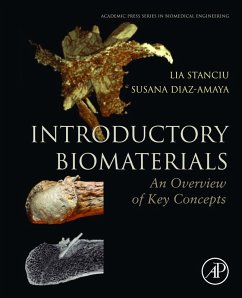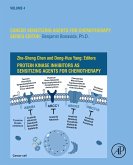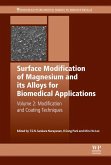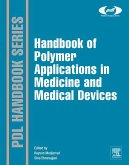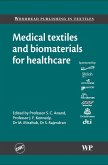Introductory Biomaterials enables undergraduate students in Biomedical, Chemical, Materials and other relevant Engineering disciplines to become familiar with the key concepts of Biomaterials principles: biocompatibility, structure-property-applications relationships, mechanical response of natural tissues, and cellular pathways for tissue-material ingrowth. Written in a clear, concise manner that weds theory with applications, this book helps students to understand the often intricate relationships between materials the implant devices that are made from them, and how the human body reacts to them. The book includes such concepts as requirements for metals, alloys, and ceramic materials to be used in load bearing implants (corrosion concepts, stress shielding, mechanical properties, composition), what properties of polymers impact their use in medicine (leaching and swelling, creep and stress relaxation); the tissue response to biomaterials, concepts related to drug delivery applications (polymer degradation, encapsulation), and tissue engineering (scaffold porosity, diffusion of nutrients, mechanical properties).
- Begins with structure-properties, followed immediately by their impact on actual biomaterials classes and devices, thus directly relating theory to applications (e.g. polymers to polymeric stents; metals to fracture fixation devices)
- Explains concepts in a clear, progressive manner, with numerous examples and figures to enhance student learning
- Covers all key biomaterials classes: metallic, ceramic, polymeric, composite and biological
- Includes a timely chapter on medical device regulation
Dieser Download kann aus rechtlichen Gründen nur mit Rechnungsadresse in A, B, BG, CY, CZ, D, DK, EW, E, FIN, F, GR, HR, H, IRL, I, LT, L, LR, M, NL, PL, P, R, S, SLO, SK ausgeliefert werden.

